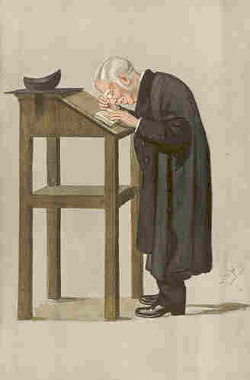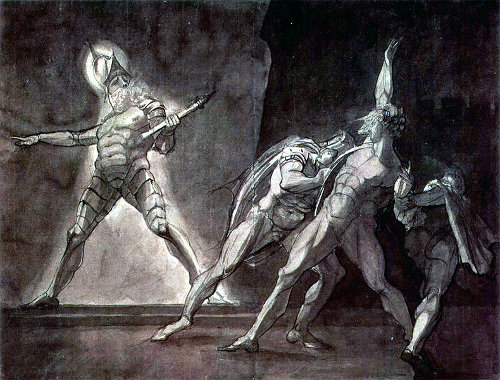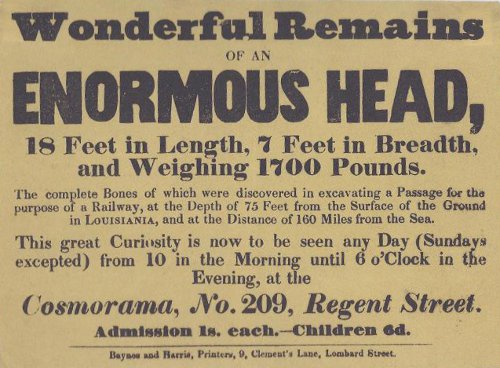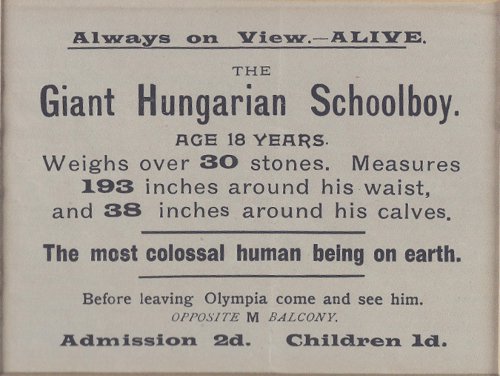
William Archibald Spooner never (or rarely) uttered the verbal train wrecks that were attributed to him (“Which of us has not felt in his heart a half-warmed fish?”). But he seemed strangely prone to similar gaffes in daily life:
- He told a student, “I thought you read the lesson badly today.” When the student protested that he hadn’t read it, “Ah,” said Spooner, “I thought you didn’t.”
- He told a fellow don at Oxford, “Do come to dinner tonight to meet our new fellow, Casson.” When the man explained, “But, warden, I am Casson,” Spooner returned, “Never mind, come all the same.”
- To another student: “Let me see. Was it your or your brother that was killed in the war?”
- An Oxford colleague once received a note asking him to come to Spooner’s office the following morning. At the bottom was a postscript saying that the matter had been resolved and that he needn’t come.
- A dining companion once saw Spooner spill a small amount of salt on the table. Apparently reversing the technique for removing a stain, he poured wine on it.
Professor Edward Morris Hugh-Jones recounted a dinner in North Oxford: “It came on to rain quite heavily, and [Spooner’s] host and hostess pressed him to stay. It was far too cold and wet for Spooner to traipse all the way back to college, they said, and they would gladly make up a bed for him. They were as good as their word and briefly departed upstairs to see to the arrangements. When they came down again, their guest had disappeared. Suddenly there was a knock at the house door, and there was Spooner, totally wet through, with a little bundle in his hands. ‘My nightshirt,’ he explained. ‘I went back to college for it.'”



